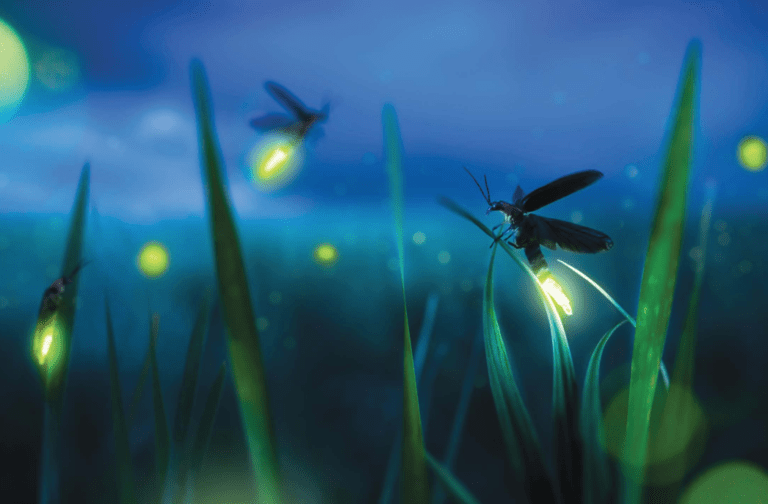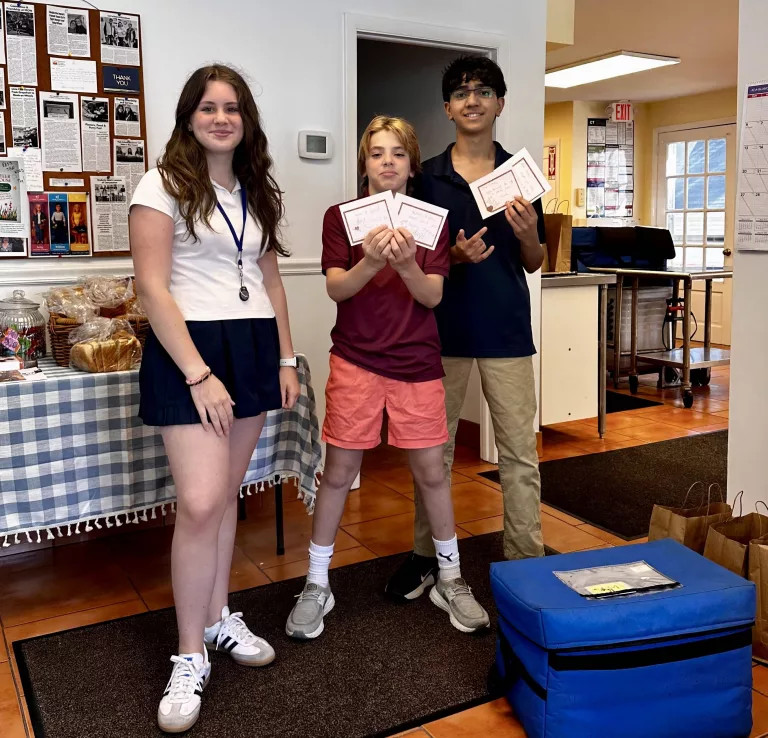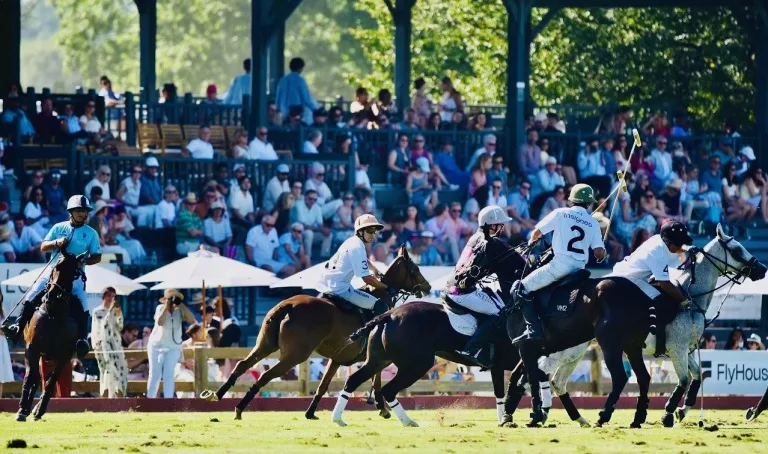By: Mary Forde
As we move into this new world, students have risen to the expectation to wear masks and stay 3-6 feet apart. For those of us loosely defined as adults, masks and social distancing are changes and burdens, for most kids they become just more things adults tell you to do without a real rationale – “Why do I have to eat broccoli?” Because it is good for you – and so are masks.
I have heard parents (if social media is ‘hearing’) talking about how they had tears in their eyes when they were taking ‘first day of school’ pictures of their children in their masks. “This is not how it is supposed to be… “If I could ask one thing of parents and staff, it would be to put aside their sense of loss over what they think school should have been and share joy with what school is now. Perhaps the most valuable lesson we can teach our children/students is how to bounce back when the situation you are faced with is not the situation you expected.
To quote the sage Frank Forde (father of six), “if something didn’t go wrong, you wouldn’t remember the day.” I personally can take credit, along with my siblings, for providing my father with so many memories. I don’t recall him ever communicating to us that what happened was anything less than a chance for adventure. Now my memories may be somewhat rosy, but the same thing may very well happen to your children. You hope that they look back in 30 years and not remember the virus as much as they remember drawing pictures of beaver teeth on their masks. I recall one summer when we left for vacation and had driven about 30 minutes toward New Jersey before someone realized we forgot my one of my brothers. So we had to turn around and go back (although we did have a brief debate about the options). But my memory is not that we had to spend an extra hour in the car, but that we went to Jack in the Box to celebrate (maybe ‘celebrate’ is a bit strong) finding him. I can only imagine my parents’ private conversation about the situation that night, but as kids we were plotting to see who would stay behind the next time so that we could get to Burger King. We took our lead from the way the adults in our lives handled the curve balls thrown at them.
There is a fun activity that you can do with your kids, called “surprise!” that I used to play with my students who had a very hard time dealing with changes in routines. We would start with a picture from a book and the first person would start making a story up about the picture, and I would say ‘stop’ and the next person would pick up the story but every second or third person, I would yell, “stop, surprise” and introduce a wild scenario that next student had to incorporate into the story. For example, we had been telling a story of a student who went to the park on his bicycle and the next student continued the story that he went to the swings and was swinging and then I said “Stop, Surprise” and added that a helicopter landed in the playground and a monkey got out and sat on the swing next to you. The next student had to pick up that storyline and keep going. We would end the story by remembering that sometimes things happen that you don’t expect but that you can choose to make the most of the situation and rather than getting stuck and whining about it. If you play this at home or in the car, you may want to try letting one your children in introduce the ‘surprise’, but be prepared, when kids choose the surprise scenario it will often involve monsters, crashes, vomit and losing clothes – be forewarned!
Resiliency and the ability to roll with the punches are skills that will increasingly come in handy as we continue to evolve in this new reality. How can we rethink wrestling while staying three feet apart? How do you blow out birthday candles in your mask? What should replace handshakes? How can we help each other see these as opportunities instead of loss? Maybe every night at dinner, think of one thing that we can’t do or can’t do the same way we used to and come up with a variety of substitutions. Let me know what you come up with for handshakes – fist bumps are just not working for me!
I don’t in any way want to downplay the tremendous tragedies associated with Covid – people have gotten very sick, people have suffered huge losses and people have died. But throughout this crisis, our kids are watching us very closely. How we meet the challenges that are presented to us every day may shape how resilient our children will be as adults (and our future parents, legislators and caretakers).





